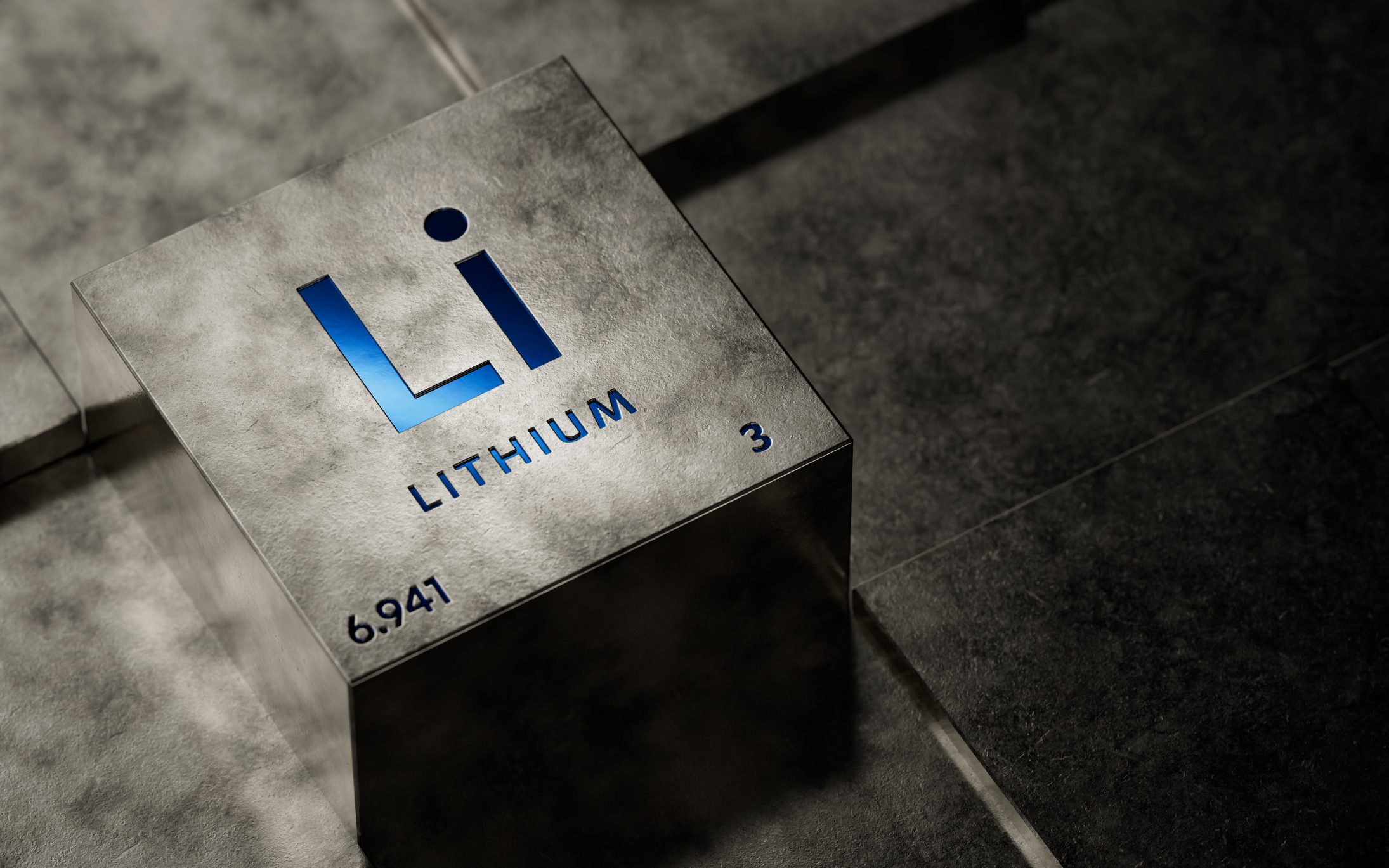Several big battery projects in Australia vital for storing renewable energy to meet the nation’s climate goals are highly likely to be using materials sourced through the forced labour of Uyghur and other Turkic ethnic groups in China, the Australian Strategic Policy Institute (ASPI) research has found.
ASPI has examined the supply chains for big battery projects across various Australian states and found that, even when the batteries are sourced from US-based companies, critical components are still obtained from Chinese suppliers. These suppliers carry well-documented risks of involvement in human rights abuses.
Australia needs big batteries because its renewable energy plans require storage for intermittent sources such as wind, solar and hydro. That’s why state and territory governments are pouring billions of dollars into battery energy storage systems (BESS), also known as big batteries.
However, most of the global battery supply is controlled by companies based in the People’s Republic of China and is dependent on raw materials mined and processed in Xinjiang Uyghur autonomous region (XUAR). Two of the largest companies that supply batteries and lithium cells for batteries—Contemporary Amperex Technology Co. Ltd. (CATL) and EVE—are used in Australian projects in spite of having been reported to be implicated in grave human rights violations, notably forced labour of Uyghur and other Turkic ethnic groups in the manufacturing and processing of raw materials. In a damning 2022 report, the United Nations stated that such violations might constitute crimes against humanity.



Just a short article by Australian scholars (March 2024):
Could spending a billion dollars actually bring solar manufacturing back to Australia? It’s worth a shot
It’s longer than an election cycle, so we can’t start it or the other mob might be in government when it’s completed and they take the credit.